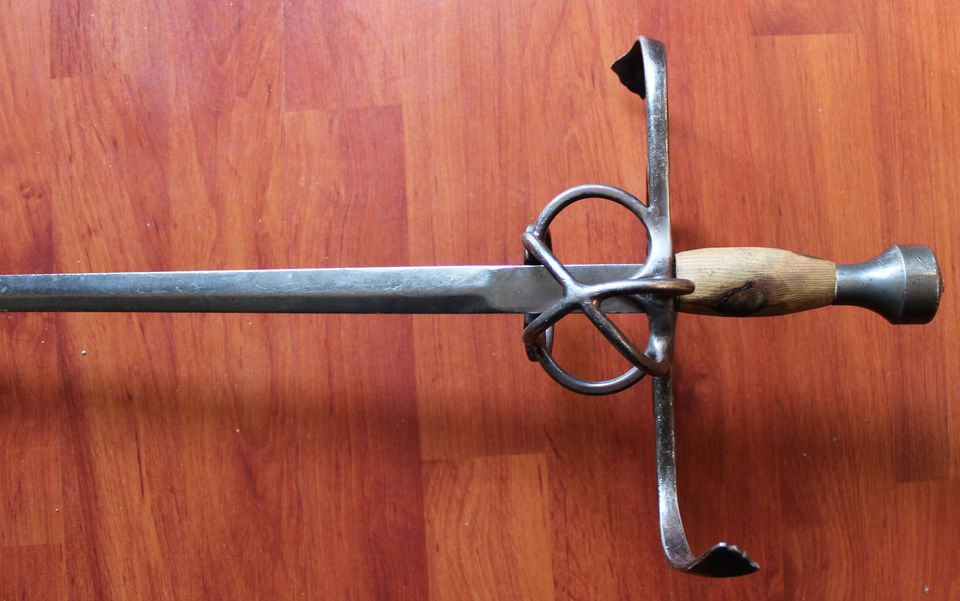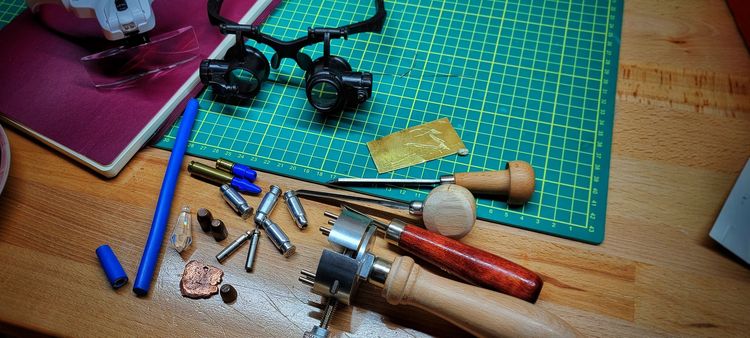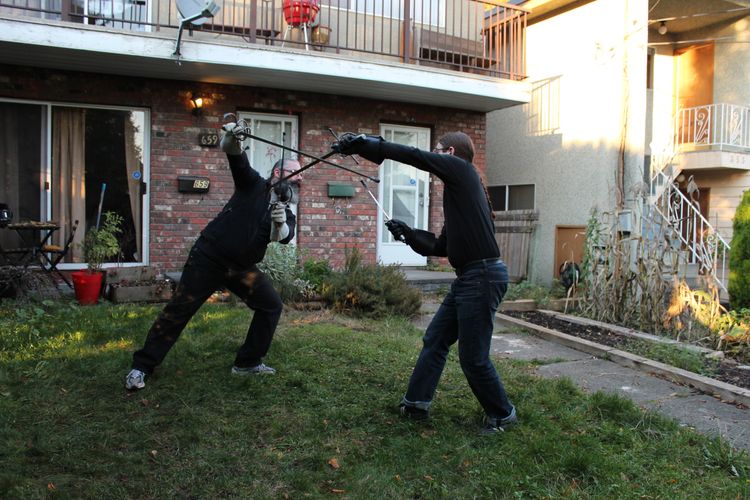Process. The hard stuff.

Neurodivergent writing is fun.
There are so many books and videos out there on how to write, exploring all the different processes and explaining it all step by step. All useful, all good advice.
And yet...there is an immense gulf between people who can make use of all that material and me. I mean, if all that shit actually worked, I'd have written a hundred novels in the last decade. It absolutely works for most people, to a degree. And I can still use all of it. Most of it is tools I already use. What's not covered is the other work us neurodivergent's need to do.
My issue is not discipline, or knowing the right tools. My issue is that my brain requires quite a bit of preparatory work before I can start writing. To be clear, all writers require prep work to write. All of us have to have the right combinations of somethings in place before words start on the page. That's normal. But what makes a "disorder" get a medical classification is that the degree of work required is significantly larger.
It's a bit hard to explain this, so I'm going to instead try to lay open some of my own process. This will probably help me understand it better, and hopefully can help some other neurodivergent folk feel not so alone. The following will probably make more sense if you already understand the Hero's Journey, Dan Harmon's Story Circle, Save the Cat, McKee's Story, Syd Field's "Foundations of Screenwriting", and such ilk.
For me, I start with an idea. A "what if" or inspiration that makes my brain perk up and pay attention. My current example is this article: "The super-rich ‘preppers’ planning to save themselves from the apocalypse" that was making the rounds a few days ago. As I read the article, my brain started to branch out from what I was reading, and run different scenarios based on each point that was brought up. This is how I learn. This is how I take information, connect it to existing information in my brain, and make it relevant and accessible for future use. And sometimes I get weird connections that extrapolate into ideas.
Of the points the article brought up, the one that pinged me was that the rich people that hired the journalist had no interest in social solutions to crisis. On one hand, this is silly, because we know that crisis is overcome by collective action. On the other hand, this is predictable, because the fantasy of "heroic action by heroic heroes saves the day" is pretty ingrained in some elements of modern society. Because this stuck out to me, I started a what-if scenario. What if there was a society-ending event, and these folks followed their plans exactly, and it all worked out?
My brain took that the next step. Roll the clock forward some decades into the future. The isolated silos of rich folk have prospered in their silos, and carefully reach out to other silos of rich folk, via "radio" and are starting to come out of their underground havens and reclaim the world. They expect any humans that are left are probably organized into "savage tribes" that will try to steal their tech goods, so they are starting the reclamation process by expanding fortifications and careful probing.
And what they find is...the rest of the world never really stopped. Sure, lots of people died, and society collapsed. But people just went right on living and working together. They've built new societies. And since all the rich folk fucked off, they got an actual fresh start, and built newer and better everything. Freed from capitalism, innovation soared and they have all kinds of amazing new biotech and other neat toys.
But since the rich folk are only capable of seeing things compared to the old world, they see "ignorant savages". So now we have a moment. Two cultures reach out and interact. This is rich with interesting story potential.
But there is no story to this. It's sort of a setting, I guess? When the idea pops into my mind, my brain immediately goes "Novel! Trilogy! Series! So cool!" and about a billion nifty scenes rip through my head, leaving nothing in their wake but a vague sense that maybe I've got something interesting here.
Maybe. Honestly, I got nothing. More work needed. I have to drill down to what actually makes this interesting. I need a character, and I need a time frame, and I need a reason for the conflict I can "sense" in my head to brew up. I heard some advice recently that the main character in a sci-fi story should be the person most affected by the technology or event.
So far, I have no real technology or event. But after a shower to organize my thoughts, I've realized that the best way to move forward on this is to see if I can craft up a short story. For that I need a character and a plot. But what? How do I do that?
A little bit more thinking tells me that the interesting bit is the clash of culture. So I have to narrow down that clash to the moment that matters. I'm visualizing one single silo, and one modern village coming into conflict. I have a vague idea of the Silo folk (I'm going to call them Muskies from now on, and the village people the Commies) being the catalyst of the conflict.
I have no idea what the actual conflict is going to be, but I'm starting to see a main character here. Someone from the village, who tinkers will old tech and knows that the Muskies are a source of funky old chips. They have a want, so they are going to interact with the Muskies to get their thing and come back. Sweet. That's a plot starter.
Expect I have no inciting incident, no reason for the conflict that needs to be resolved to actually fill in bones of the skeleton I've sketched out. The character is a bit fleshed out now, though: Emie, a blue-haired enby nerd who has a bright idea for building a wireless monitoring network that would tie into the mycelium networks the Commies use as an internet. They've been using old ESP32 chips so far, but they've just run out. But they know the Muskies usually have these, and regard them as junk because they were usually embedded in disposable tech items like IOT lights. So if they can trade some stuff for Muskie garbage, they can continue their project.
Hmmm. That's almost a story there. Just have to figure out what's the right way to throw some conflict in there. I'm weak at this in my craft, so my next step is to watch some shows, and read some short stories, and see what inspires me.
In the meantime, editing the last finished novel continues, and new chapters for the work in progress, and more research on writing tools. And more reading. Hopefully, the missing parts will jump into place. I know I can crank out the short in a single setting, but I can't put down a single word until I have more information. I can try to pants this, I suppose. Issue with that is that I have to wrestle with feeling guilty about not following the steps, which will inevitably result in me hitting a wall somewhere after the first third. Yay brains.
Will update when I manage the next steps, or can articulate better what's stopping me from figuring them out.




Member discussion